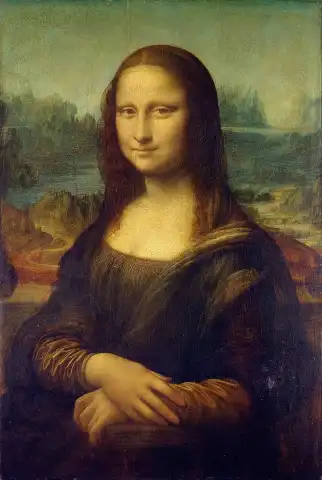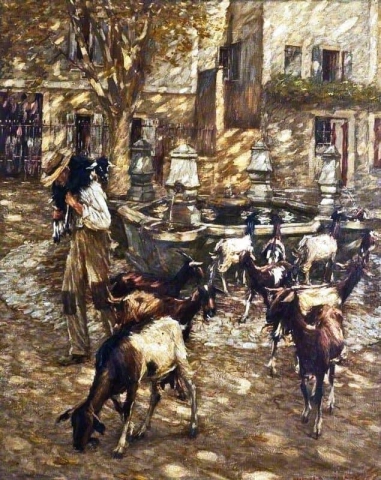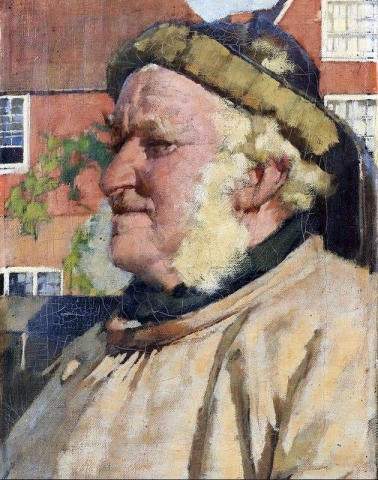

Hand painted reproductions of Henry Herbert La Thangue
Henry Herbert La Thangue: A Master of Rural Realism
Henry Herbert La Thangue (1859–1929) was an English painter celebrated for his vivid and heartfelt depictions of rural life. Known for his naturalistic style and his ability to capture the essence of the English countryside, La Thangue’s works are enduring tributes to the beauty and simplicity of agricultural communities.
Early Life and Artistic Development
Born in Croydon, England, in 1859, La Thangue demonstrated artistic talent from a young age. He studied at the Lambeth School of Art and later at the Royal Academy of Arts in London, where he won several prestigious awards. In 1881, he continued his education in Paris under Jean-Léon Gérôme at the École des Beaux-Arts.
During his time in France, La Thangue was deeply influenced by the plein-air painting techniques and the Naturalist movement led by Jules Bastien-Lepage. This approach encouraged him to focus on realistic depictions of everyday life, particularly scenes of rural labor and landscapes.
Style and Technique
La Thangue’s art is characterized by its vibrant use of light, meticulous detail, and an authentic portrayal of rural settings. His paintings often depicted farmers, harvesters, and villagers engaged in their daily tasks, set against the lush backdrop of the English and Mediterranean countryside.
He preferred to work outdoors, embracing plein-air techniques to capture the fleeting effects of light and atmosphere. La Thangue’s brushwork was dynamic and textured, and his compositions often included a harmonious interplay between figures and their natural surroundings.
Legacy and Recognition
Henry Herbert La Thangue’s dedication to rural realism earned him widespread recognition during his lifetime. His works were exhibited extensively at the Royal Academy and other prestigious galleries across the United Kingdom.
Though his popularity waned during the rise of modern art movements, La Thangue’s paintings remain highly regarded for their technical excellence and heartfelt portrayal of rural life. Today, his works can be found in prominent museum collections and are celebrated as valuable records of late 19th and early 20th-century rural England.
Own a Handcrafted Oil Painting Reproduction of Henry Herbert La Thangue’s Masterpieces
Bring the charm of the countryside into your home with a handcrafted oil painting reproduction of Henry Herbert La Thangue’s works. Each piece beautifully recreates his masterful use of light and his vivid portrayal of rural life.
Imagine owning an original-style painting by one of the greatest artists in history. At POD, we offer you the chance to make this dream a reality. Each canvas is faithfully reproduced down to the smallest detail, allowing you to experience the beauty of the artist’s vision in your own home.
Our reproductions are crafted by experienced painters using the finest materials and time-honored methods. We are committed to delivering works of exceptional quality that will inspire and bring joy to your family for generations to come.






















































